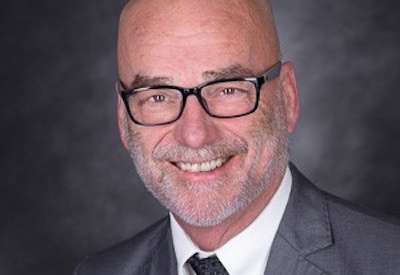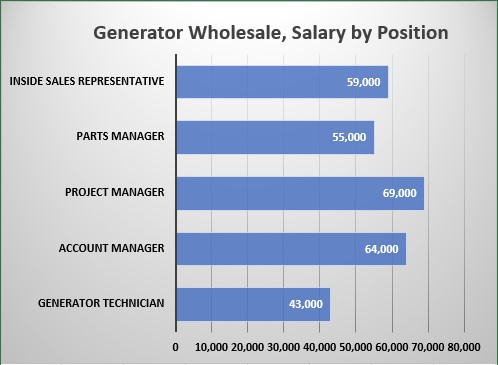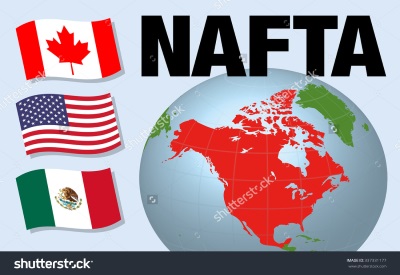Long Term Versus Short Term

August 7, 2019
By Rick McCarten
I think it was Bill Gates who said the Internet will not have an effect on society short term, but will have a profound effect on us long term.
Long term versus short term fascinates me. Making the call for one over the other can determine the success (or failure) of companies today.
Using Bill Gates’ long-term Internet effect example, means that business decisions about the Internet will not necessarily show short-term gain, but will show “profound” gain in the long term.
Here is another example: the tale of two cities. Back in the 1960s, two cities that were equal in size, were fighting for dominance in the southern U.S.: Atlanta and Birmingham. The councils of each city chose different paths. Birmingham chose to take on an issue that in the short term made their constituents happy and locked in seats for council members.
On the other hand, Atlanta chose a different path. They wanted to extend their railway transit system and become a southern hub for airplanes, as they saw the future was in flights. This long-term planning resulted in Atlanta securing twice the population as their former competitor. Institutions also flocked to Atlanta, including Emory University and the U.S. Center for Disease Control, choosing to locate there because of the terminal. Atlanta’s long-term plan brought people, education, advanced learning and high-paying jobs to the city.
Sometimes it can work the other way. Twenty-five years ago, a company in our industry hired a new president. His vision was the Internet, and he wanted to be the first company to have a vast product line online. To get there fast, he had to do two things. First, he recognized the need to sacrifice the present for the future. Second, he needed to cover enough product depth to keep customers on his company’s website. He ended up disrupting his cash flow (current customers) and spent the money he no longer had coming in. This long-term plan did not pan out — it just got too far ahead of the curve.
So, what this means is we can’t simply consider long term over short term. It is much more complicated than that.
Food offers a good example because it is like money. Something comes along like chocolate cake: lots of calories and it gets in the way of your long-term strategy. Just like the opportunity to make easy money that may not be in line with your business strategy. It is hard to turn down easy money, especially if vying for the work with your competitor. But the easy money could be a dead end, no long-term growth.
Many generals in history have fallen pray to “too much cake.” Hannibal defeated Rome on the Italian peninsula only to find he had nowhere to go after that. Napoleon easily defeated Russia only to be defeated by the cold and hunger on the way back home. America took Iraq in record time, only to find they really had no long-term plan and 15 years later are still there trying to get out.
Like Atlanta, we all need a vision of an airport.
Rick McCarten is VP, Operations, Electro-Federation Canada.











